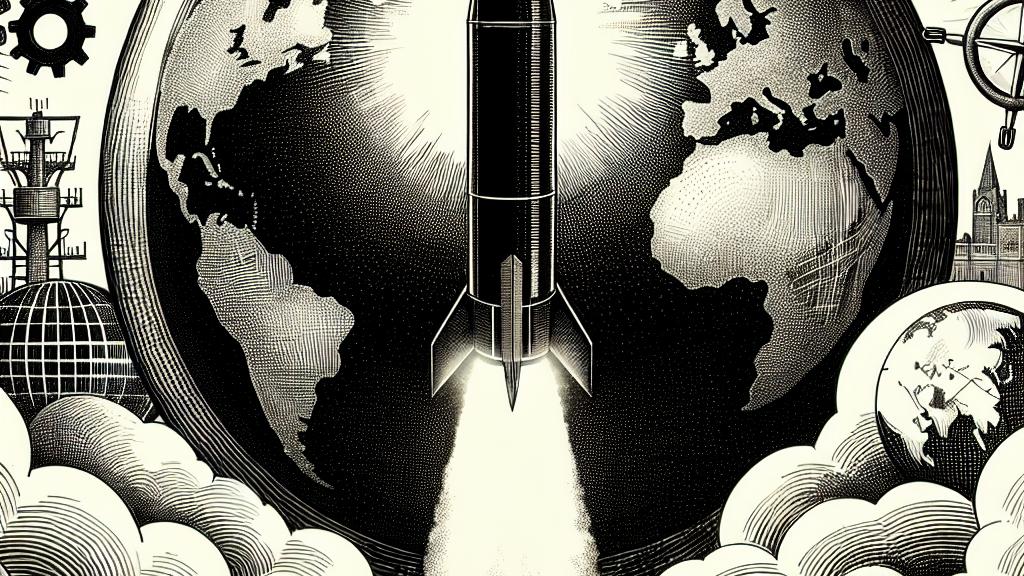China's ICBM Test: A Game Changer for Global Security
Overview
- China's recent ICBM test heralds a major shift in the global military landscape.
- This development exposes the profound reliance of US allies on American defense systems.
- Japan and Taiwan must confront substantial strategic challenges due to their lack of independent military capabilities.

Overview of China's ICBM Test
In October 2024, China's intercontinental ballistic missile (ICBM) test rocked the foundations of global security, serving as both a demonstration of technological prowess and a warning signal to the world. This wasn't merely about showcasing advanced missile technology; it represented a significant step in China's military modernization, raising essential questions about the future of international diplomacy. While analysts often focus on the impressive specifications of the missile, such as its range and payload capacity, the deeper implications for global safety and security must also be considered. The potential for an arms race looms large, and nations worldwide are now prompted to rethink their defense strategies in light of these developments.
Effects on US Allies
The ramifications of China's ICBM launch extend beyond its borders, introducing a wave of anxiety among US allies, particularly Japan and Taiwan. Although the United States received advance notice about the missile test, Japan and Taiwan were left in the dark, highlighting a significant gap in communication and coordination within the US-led alliance. Japan’s hefty defense budget of 7.95 trillion yen (about $53.15 billion) underscores its escalating fears, particularly given its vulnerability due to the absence of a robust independent missile defense system. Meanwhile, Taiwan’s experience during the missile launch was alarming, as it lost track of the missile shortly after detecting it, which starkly illustrates Taiwan's dependency on American technology and raises valid concerns regarding its national security.
Implications for Global Security
China’s ICBM test stands as a pivotal moment that calls for a comprehensive reassessment of international security frameworks. It signifies more than just an advancement in missile technology; it serves as a catalyst for nations to enhance their defensive measures and to explore greater strategic autonomy. For instance, Japan and Taiwan may be compelled to diversify their defense strategies, investing more in homegrown military capabilities rather than solely relying on US support. This raises essential questions about regional stability and the necessity for a balanced power dynamic in East Asia. The environment is evolving, and countries must respond proactively to ensure their sovereignty and security in a rapidly changing world. This test, therefore, isn't merely a technological feat; it's a wake-up call reminding us all that the global security landscape is in constant flux and requires vigilant engagement.

Loading...